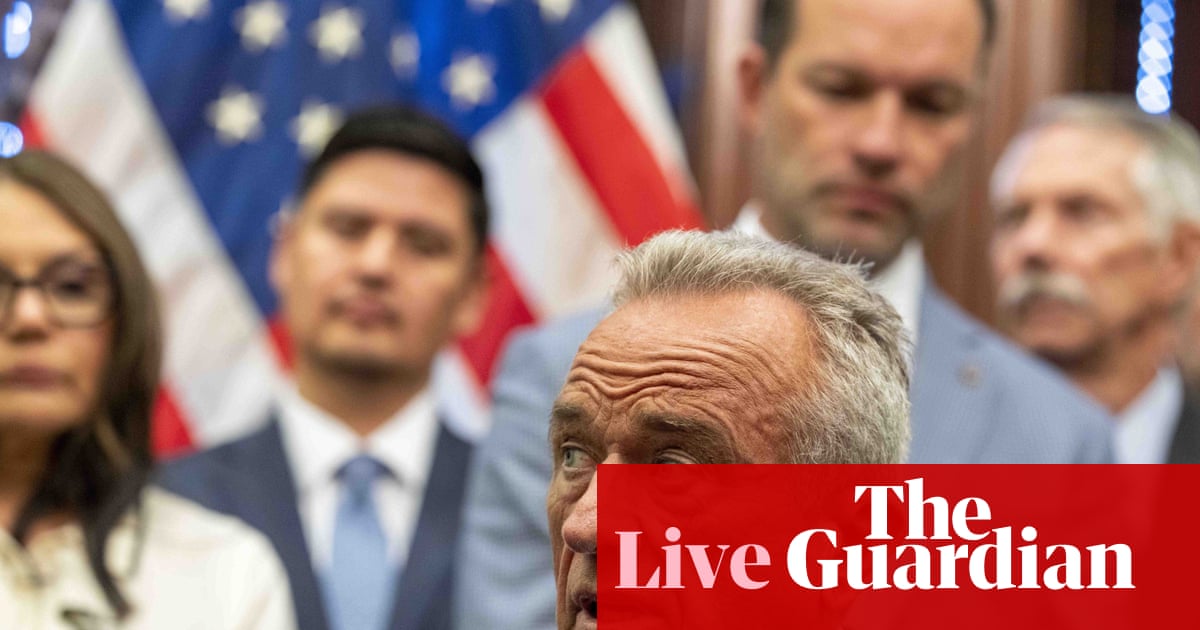
Introduction
Recent developments at the U.S. Centers for Disease Control and Prevention (CDC) have stirred significant controversy and concern among senators and public health experts. With the appointment of Jim O’Neill as the Acting Director of the CDC, there are pressing questions about the future direction of federal health policy, particularly regarding vaccination procedures and public health management.
Who is Jim O’Neill?
Jim O’Neill, previously serving as the Deputy Secretary of the Department of Health and Human Services under Robert F. Kennedy Jr., has been brought into the spotlight following the firing of Susan Monarez. Unlike his predecessor, O’Neill lacks a medical or scientific background, prompting alarm from various political figures. His experience primarily comes from his time as a speechwriter during the Bush administration, which raises questions about the effectiveness of his leadership in a health-centric agency.
Senators’ Response
The appointment has met with backlash. Senator Bill Cassidy, chair of the Senate Health, Education, Labor and Pensions Committee, has raised serious concerns about the integrity of the upcoming Advisory Committee on Immunization Practices (ACIP) meeting. He believes that the decision-making process has been compromised, undermining trust in the CDC’s guidance. Senator Susan Collins echoed these sentiments, emphasizing the detrimental impact of Monarez’s abrupt firing shortly after her confirmation.
Implications for Public Health
This turmoil comes amid ongoing debates about vaccine policies and the overall direction of health initiatives in the U.S. Experts who resigned in protest claim that political interference is damaging vital public health efforts. The recent changes may lead to a reshaping of federal vaccine strategies, which could significantly impact community health nationwide.
Call for Oversight
Many health professionals and politicians are calling for increased congressional oversight to prevent political influence from dictating public health policies. The necessity for a structured and scientifically grounded approach is paramount in ensuring community trust and the effectiveness of health recommendations.
Conclusion
As we monitor these developments unfold at the CDC, it is crucial for the public and healthcare professionals alike to stay informed and advocate for clear, science-based health policies. The selection of leaders who prioritize public health over political agendas is essential in navigating future health crises, ensuring that the U.S. can effectively manage public health threats and maintain the integrity of essential health services.
Recommended Product
For those interested in supporting their health amidst these uncertainties, we recommend exploring Optimal Health Multivitamin. This comprehensive supplement provides essential nutrients that can bolster your immune system and support overall wellness.



